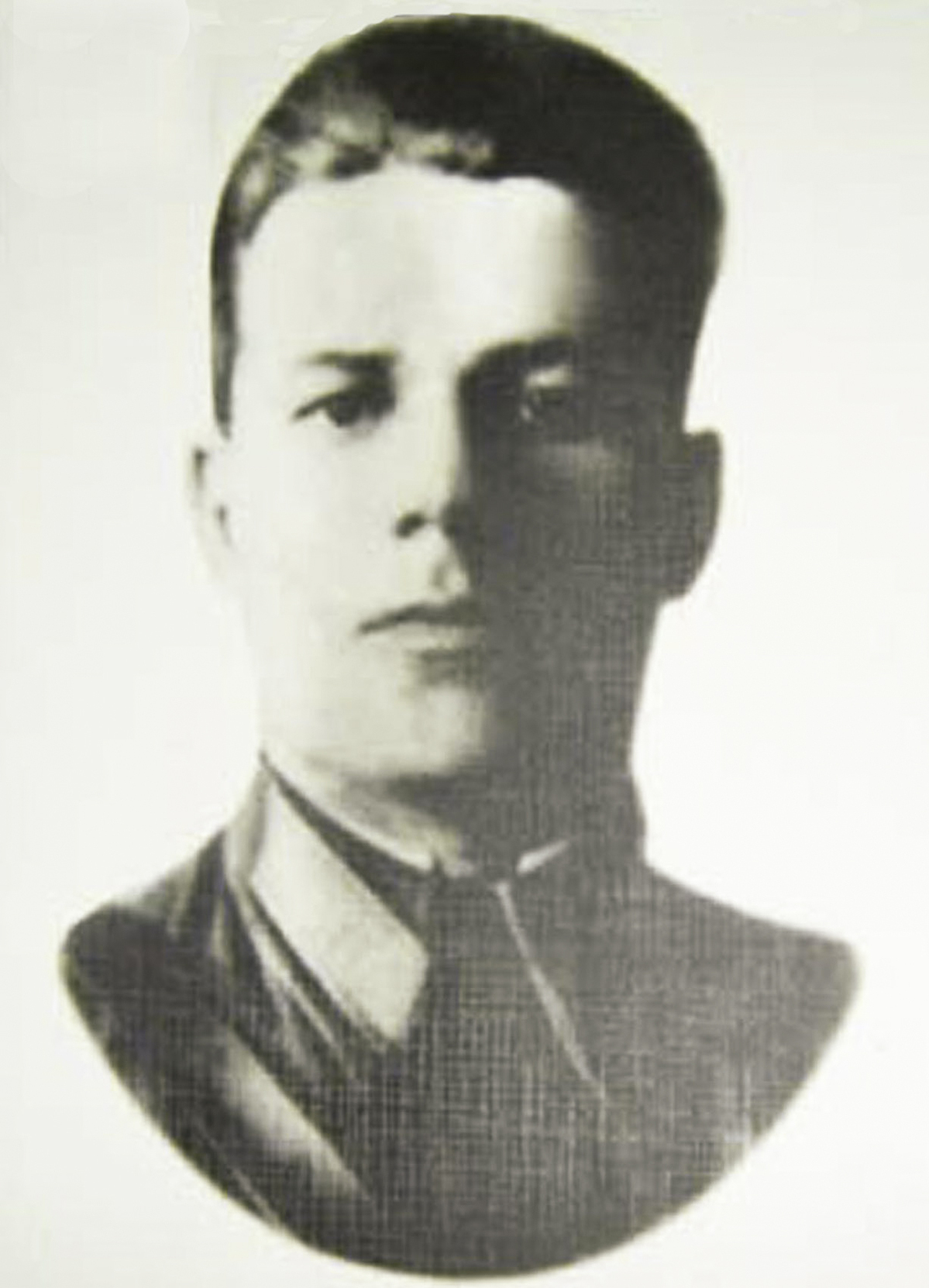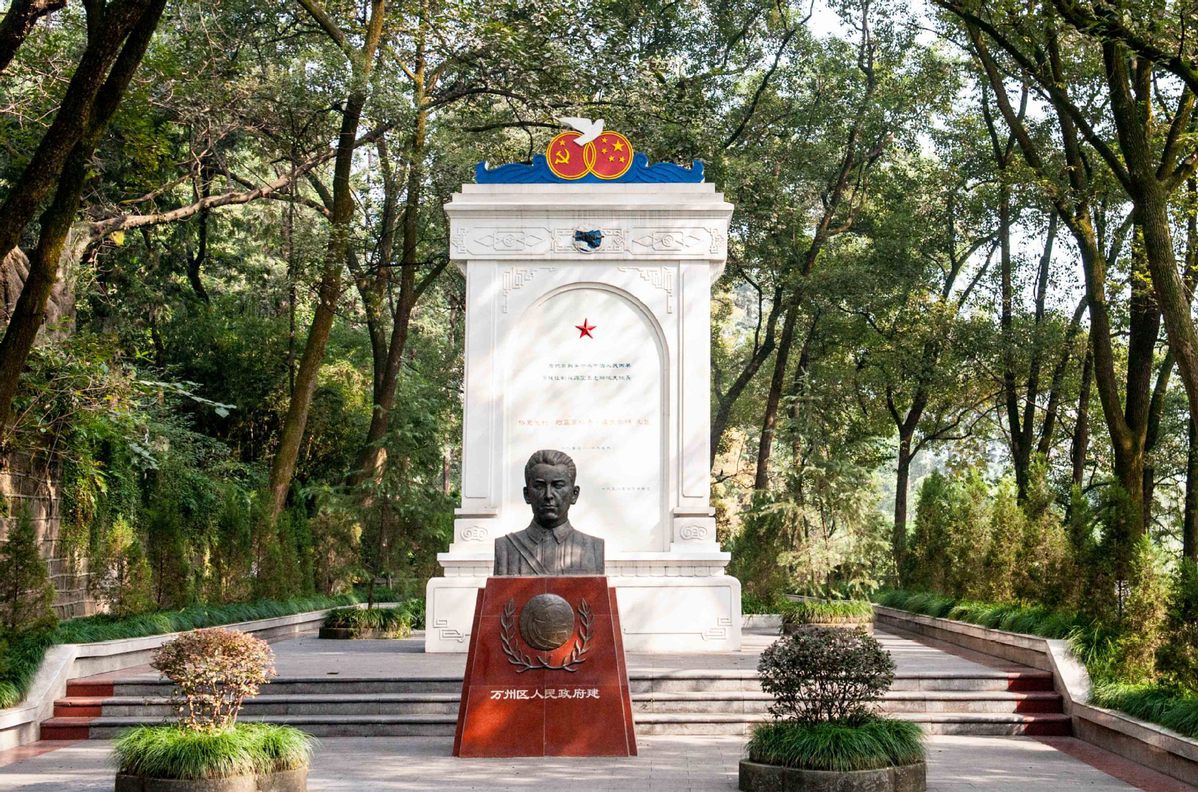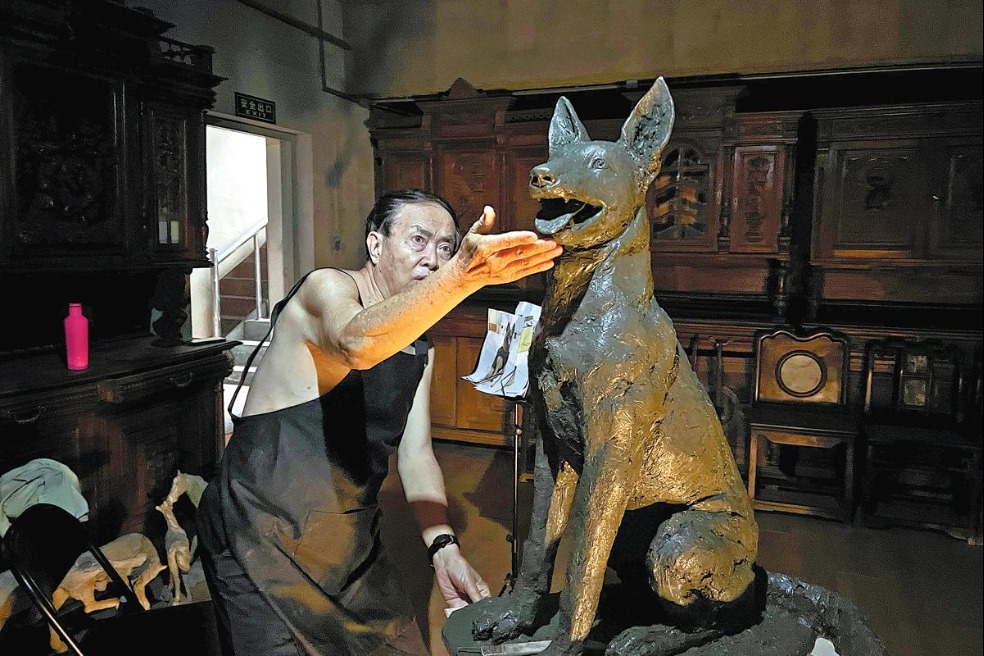He died for China and is remembered across generations


CHONGQING -- The final flight of a Soviet pilot who died protecting Chinese civilians has echoed along the Yangtze River for more than 80 years, while for over six decades, a Chinese family has kept his memory alive, quietly tending his tomb in enduring tribute.
On Oct 14, 1939, Grigori Kulishenko, captain of a Soviet Union air squadron and one of more than 2,000 Soviet pilots who volunteered to help China resist Japanese aggression during World War II, wrestled his crippled bomber toward the Yangtze River. He shot down six enemy aircraft earlier, but on his return, more than 20 Japanese planes intercepted him.
With one engine badly hit and wounds to his chest and left shoulder, Kulishenko gave up parachuting but instead chose to attempt a perilous water landing to protect the crowded villages below in Wanxian county (now Wanzhou district in Southwest China's Chongqing municipality). Two of his crewmates managed to reach the banks alive, but Kulishenko, weakened by his wounds and the strain of hours in the cockpit, vanished beneath the waters.
Kulishenko used to say that he experienced the disaster of the Chinese people as he would the disaster of his own motherland, and when he saw the Japanese invaders bombing Chinese land, he was filled with fury and grief. His death sealed that bond in sacrifice.
Twenty days later, on Nov 3, the locals found the body of the 36-year-old war hero, and later held a grand memorial service and funeral for him. Kulishenko was buried on the outskirts of the county.

In 1958, the local government moved the tomb of the fallen pilot to a cemetery in the Xishan Park. That same year, a 31-year-old gardener named Tan Zhonghui became the first caretaker of Kulishenko's tomb. Her father had lived by the Yangtze. In the days after the crash, her old man was among the many residents who joined the spontaneous search along the riverbanks for Kulishenko's body. Her four-year-old son, Wei Yingxiang, saw this hero as an extraordinary soul, having been told by his grandfather that Kulishenko had died fighting to protect the Chinese people.
For nearly two decades, Tan swept the tombstone clean, pulled weeds from its edges, and tended a young sapling she had planted for Kulishenko in the cemetery, which has now grown into a towering tree.
"This foreign hero's home is far from Chongqing," Tan later told her son. "He has no family here. We must stay by his side, so he won't feel alone."
In 1977, as retirement approached, Tan passed the responsibility to her son. At first, Wei hesitated, unsure about the solitude the role required. At the persuasion of his mother, Wei took on the task, a decision that would come to define the course of his life.
For decades, Wei turned down better-paying jobs, choosing instead to remain near the tomb. Even after retiring in 2014, he continued to visit every day, as if he were visiting an old friend. "I don't feel at ease if I skip a day," he said.
His mother's devotion did not fade with age, either. Even after retiring, Tan made the journey each morning to the tomb. Upon her death in 2018 at the age of 91, her final words to Wei were simple: "Keep guarding the tomb well."
Wei said he will continue his work for as long as he lives. "It is a responsibility, a gesture of gratitude, and a matter of conscience of being Chinese."
- He died for China and is remembered across generations
- Wetland monitoring helps transform a migratory stopover
- Xinjiang unveils 6 new scenic highway routes to boost tourism
- Flag-raising ceremony held to mark 28th anniversary of Hong Kong's return to motherland
- New battery innovation boosts humanoid robot performance in China
- China launches new fund to deepen integration of sci-tech, industrial innovation





































